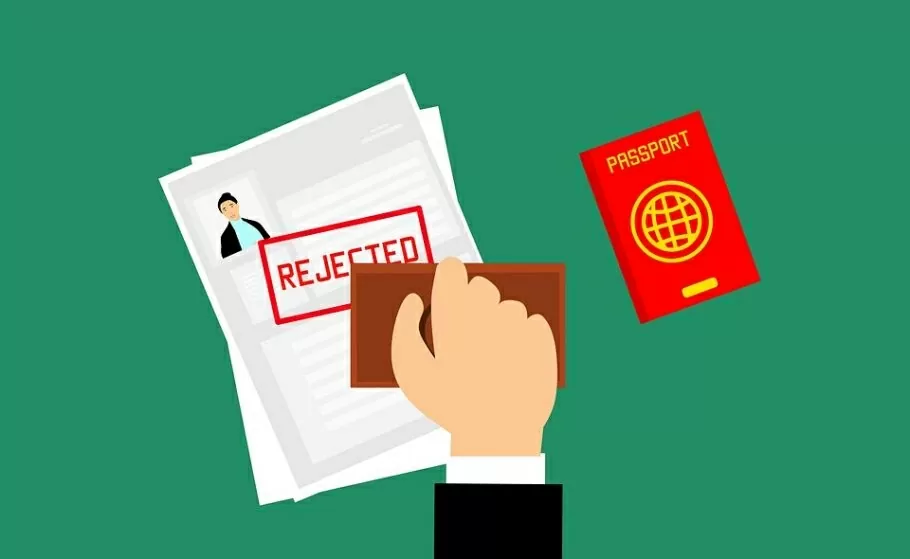 |
| It is necessary to harmonize the policies and laws on nationality with other policies and laws of the Party and State. (Source: Luatvietnam) |
An interesting coincidence is that at almost the same time, both Vietnam and Germany are amending their nationality laws in a more “open” and convenient direction for naturalization and re-naturalization. Notable among these amendments are the provisions related to “dual citizenship”.
I was fortunate to be a member of the Drafting Committee of the 1988 Nationality Law, the first nationality law of the Vietnamese State after Doi Moi and later amended the 1998 Nationality Law as well as providing guidance on work related to civil status and nationality at Vietnamese representative agencies abroad.
The following comments reflect my research, thoughts and personal experience over nearly 40 years of working in nationality-related fields and still being interested in this as a professional practice.
First of all is the change in thinking about the issue of dual citizenship.
“Nationality” is a complex legal category. According to foreign scholars, three factors create an independent, sovereign State: one is “national territory” or in the East called “national territory”, that is, the land surrounded by borders to ensure “territorial integrity”; two is the people living in that territory have a close relationship with the State through the institution of “nationality”, that is, they are citizens of that country; three is the complete exercise of national sovereignty over the territory and citizens through the management apparatus or so-called state power. Thus, it can be seen that “nationality” is the second important factor that creates a sovereign State.
In the matter of nationality, each subject is interested in a different way. The State is more interested in the "loyalty" factor of each individual, each citizen to the State of which they are nationals (obligations). As for each individual, each citizen, what they are interested in is what they get from the legal relationship with the State (rights). According to that common logic, the State requires citizens to be absolutely loyal to the State and this is also the viewpoint throughout the centuries of all post-feudal states. One of the "rights" that citizens are most interested in when going abroad is the right to request the State to protect their rights and interests ( diplomatic protection, consular protection).
Both the East and the West believe that loyalty must be absolute and only to one country, one state. Later, the League of Nations (the predecessor of the United Nations) added the concept of “effective nationality”, linking “nationality” to the element of the permanent residence and the place where each individual conducts his or her daily life (“genuine link”). But until recently, most countries did not accept an individual being loyal to two or more countries at the same time. The East has a saying “a loyal servant does not serve two lords”. They do not accept two or more nationalities and consider it unnatural and should be eliminated.
As the times change and society enters a new period of development in the 21st century, the above somewhat rigid concept is gradually being replaced by more open and liberal concepts and regulations.
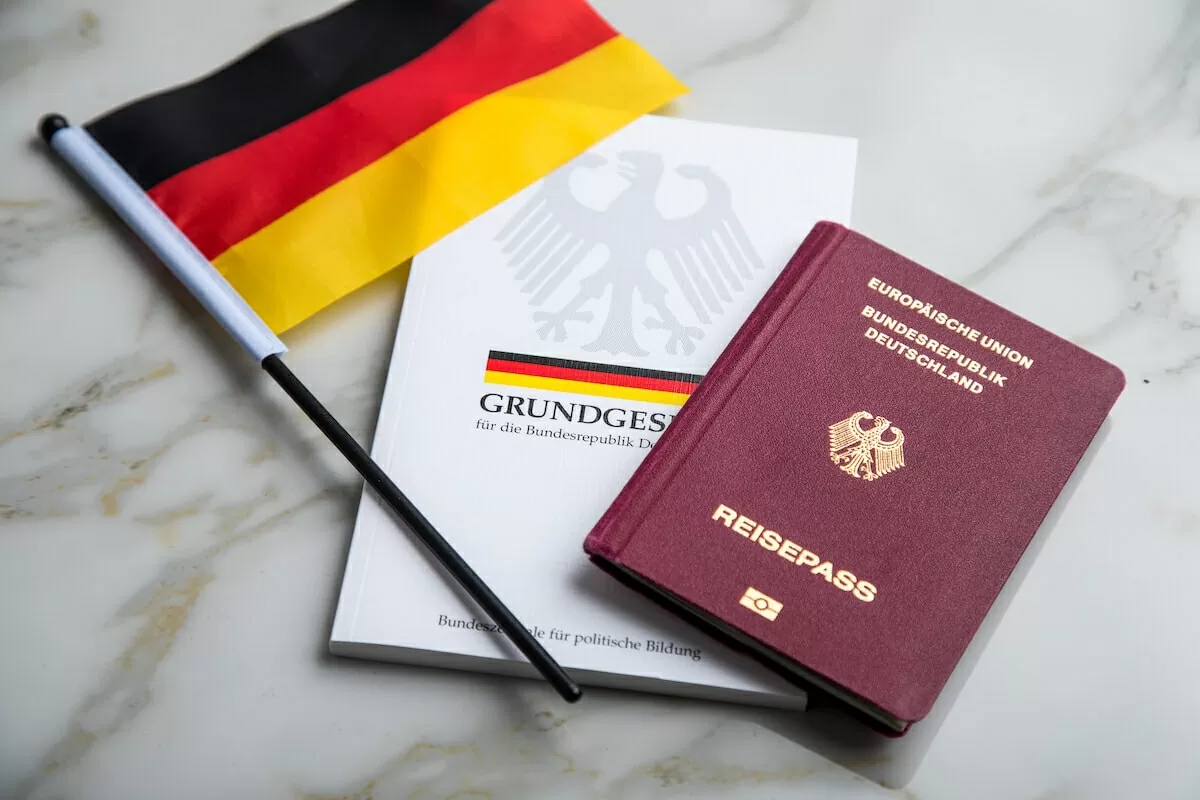 |
| Germany will amend its Nationality Law from 2024, allowing individuals to have dual citizenship. (Source: Jurist) |
Germany amended the Nationality Law from 2024, allowing individuals to have dual citizenship, that is, acquiring German citizenship does not mean giving up their original citizenship, and German citizens acquiring foreign citizenship do not lose their German citizenship; abolishing the regulation that people born in Germany, whose parents are both German citizens, must choose between their parents' citizenship or German citizenship when they turn 21. If they do not choose, they automatically lose their German citizenship. Such groundbreaking regulations show a strong "innovation in thinking" (The first nationality law, which is still in effect and has been amended many times, is the Nationality Law of the German Empire and State RuStAG from 1913).
In Vietnam, the Government Electronic Newspaper (chinhphu.vn) reported on April 10 that “relaxing the policy on naturalization and re-naturalization is an important step to continue institutionalizing the Party’s policies and guidelines for overseas Vietnamese.” According to Chinhphu.vn , a Deputy Minister of Justice said that “this amendment to the law is an important step to “untie” the legal aspect, opening up opportunities to attract valuable resources from the overseas Vietnamese community.”
Also according to Chinhphu.vn on May 17, Minister of Justice Nguyen Hai Ninh emphasized the significance of this amendment because we are facing "new requirements of the country's development practices, to better meet the legitimate aspirations of Vietnamese people abroad... continue to attract, create conditions, and encourage Vietnamese people abroad, including leading experts and scientists in various fields to return to visit their homeland, invest, produce and do business, contributing to the cause of building and defending the Vietnamese Fatherland".
Obviously, whether in Vietnam or Germany, changing concepts and regulations related to nationality and dual nationality is an urgent requirement from life and development requirements in a challenging period like today.
Do those changes live up to expectations?
This question is difficult to answer in a day or two when the new amended Nationality Law comes into effect from the middle of this year. The answer must wait for the practical life and the implementation process at home and abroad.
However, I still have a few concerns below:
Firstly, regarding procedures in some cases, regulations require confirmation from a competent foreign authority or a commitment letter from the party concerned if there is no such confirmation.
Articles 19 and 23 of the 2025 amended Law on Nationality stipulate that in cases of applying for or regaining Vietnamese nationality, if one wants to retain the original nationality or foreign nationality, it must comply with the laws of that foreign nationality. Both of these cases must be permitted by the President.
To guide these, Decree 191, effective from July 1, 2025, provides as follows:
Article 17 of Decree 191 stipulates the procedures for cases of requesting to regain Vietnamese nationality (which I think many people abroad are most concerned about at present), according to which if they want to retain foreign nationality, they must present a certificate from a competent foreign authority confirming that retaining foreign nationality is in accordance with the law of that country. In case the foreign side does not issue or they cannot apply for it, they must have a guarantee that the competent foreign authority will not issue and that regaining Vietnamese nationality is in accordance with the law of that foreign country (Clause 3). Similarly, for those who apply for Vietnamese nationality and want to retain foreign nationality, they must also submit documents from that foreign country confirming that retaining nationality is in accordance with the law of that foreign country; if that foreign country does not issue this type of document, they must also make a guarantee (Clause 3, Article 13).
Article 9, Clause 1/c of Decree 191 stipulates that in the case of a child whose father or mother is a Vietnamese citizen and the other is a foreign citizen, has registered his/her household registration and has foreign nationality, he/she may acquire Vietnamese nationality when registering his/her birth and choosing Vietnamese nationality at a competent authority of Vietnam (inside and outside the country). Retaining foreign nationality must comply with the law of that foreign country. Parents must make a written commitment that retaining foreign nationality is in accordance with the law of that country and must be responsible for that commitment.
In addition, Clause 2, Article 17 of Decree 191 stipulates cases where Vietnamese nationality has been renounced, but foreign nationality has not been acquired (stateless) and now wishes to regain Vietnamese nationality. The applicant must submit a certificate from a foreign authority stating the reason for not allowing the acquisition of that country's nationality.
In my opinion, the above regulations are not realistic in foreign countries and therefore unfeasible. On the other hand, it pushes the responsibility to those who really want to return to Vietnamese nationality or choose nationality for their children, but still want to keep foreign nationality.
After many years of studying the nationality laws of other countries and working abroad, I have not known about the regulations for issuing similar documents as required by Vietnamese law. For example, in Germany, the competent authority for nationality is often at a very low level compared to that in Vietnam. The naturalization authority (Einbürgerungsbehörde) is usually at the district level and is part of the general population authority system (Einwohneramt). Also according to German administrative regulations, a German administrative decision does not need to specify the reason if the application is rejected (similarly, the German Embassy abroad does not state the reason for the rejection when refusing to issue a visa).
Regarding domestic law, our civil law seems to have no specific regulations on the legal value of self-made documents that are not certified or notarized. In other countries, they can make a written "sworn" document before the Court or a notary and that document is considered to have legal value. Suppose there is a dispute or conflict about nationality (cases of deprivation or cancellation of the decision to grant citizenship due to false statements...), will these commitments be valid in court because in Vietnam, "evidence is often more important than confession"? In the instructions, there is no mention that this commitment must be certified or notarized.
According to the Ministry of Justice's information on the Chinhphu.vn website on April 10, by April 2025, the President had signed a decision to allow 7,014 cases of naturalization to Vietnam, of which 60 people were allowed to retain their foreign nationality, most of whom had made great contributions to the country. Only 311 cases were allowed to regain Vietnamese nationality. This number may be different after July 1 this year if the procedures are simple and convenient for the people.
One suggestion is that instead of requiring the applicant to submit a foreign certificate or to write a commitment, we only need to build a data system of relevant foreign regulations to serve as a basis for processing by Vietnamese agencies at home and abroad. The data also needs to be updated regularly because many countries are currently in the process of amending their nationality regulations.
Second , it is necessary to harmonize the legal policies on nationality with other policies of the Party and State.
Since Resolution 36-NQ/TW in 2004 on policies and work for overseas Vietnamese, we have taken many measures to build trust between the country and abroad, strengthening the bond between the overseas Vietnamese community and the country. Our compatriots abroad are returning home to visit relatives, travel, and explore cooperation and investment opportunities in increasing numbers. The amount of remittances each year increases compared to the previous year. Associations and organizations of overseas Vietnamese are increasingly closely connected with localities, organizations and businesses in the country. Trust between the country and abroad has been raised to a new level with the community being able to introduce outstanding representatives to join the Central Committee of the Vietnam Fatherland Front. The intellectual and innovative network of overseas Vietnamese with the country has formed a unified block serving the cause of national revival.
Most recently, Vietnam has also had outstanding policies to attract foreigners and overseas Vietnamese (foreign citizens) through visa exemption policies, long-term residence... (Decree 221/ND-CP dated August 8, 2025).
Meanwhile, this revised Nationality Law (intentionally or unintentionally) creates unnecessary "brakes".
Article 1, Clause 5 of Law No. 79/2025 stipulates that those who “candidate, are elected, approved, appointed, or designated to hold positions or titles for a term” in Vietnamese agencies (including the Vietnam Fatherland Front) “must be Vietnamese citizens only and must permanently reside in Vietnam”. This seems to “contradict” the policy of attracting talented people (both foreigners and overseas Vietnamese), who are identified in Decree 191 above as having special merit or benefit to the Vietnamese State. Can overseas Vietnamese who have participated in the Central Fatherland Front in recent terms be considered in this category?
If they want to be elected and appointed to join the Front, they must meet two conditions: They must only have Vietnamese nationality. If they have another nationality, they must give up that nationality and be residing in Vietnam. Suppose there is an overseas Vietnamese who meets these two conditions and wants to join the Front, can they still represent the Vietnamese community in the country where they used to live? Not to mention, if they have returned to the country and lost their foreign nationality, their connection with the country where they used to live and have nationality will certainly be looser. Of course, there will be exceptions, but for the vast majority, it will be much more difficult than before.
Explaining this issue, the Ministry of Justice said that, because there have been "relaxations" (unties) on retaining foreign nationality (as analyzed above), it is necessary to supplement the above regulations on elections, candidacy, nomination, and appointment to "ensure sovereignty, political security, national interests as well as the loyalty and responsibility of Vietnamese citizens towards the State of Vietnam", according to Chinhphu.vn on April 10.
Ultimately, it turns out that thinking about nationality and dual citizenship goes back to a period that emphasized the security, loyalty, and obligations of individuals to the State, as I analyzed at the beginning of this article.
* The author is a Master of Law (LL.M Heidelberg 1990), former Director of the Consular Department, Ministry of Foreign Affairs.
Source: https://baoquocte.vn/nhung-ky-vong-doi-voi-viec-sua-doi-luat-quoc-tich-viet-nam-nam-2025-324764.html





![[Photo] Dan Mountain Ginseng, a precious gift from nature to Kinh Bac land](/_next/image?url=https%3A%2F%2Fvphoto.vietnam.vn%2Fthumb%2F1200x675%2Fvietnam%2Fresource%2FIMAGE%2F2025%2F11%2F30%2F1764493588163_ndo_br_anh-longform-jpg.webp&w=3840&q=75)


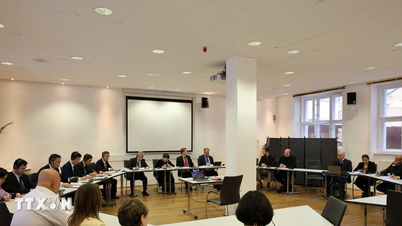

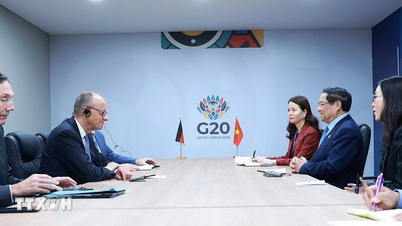
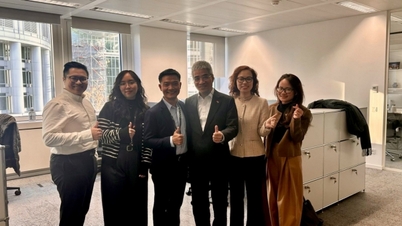
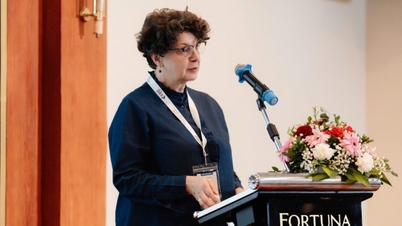



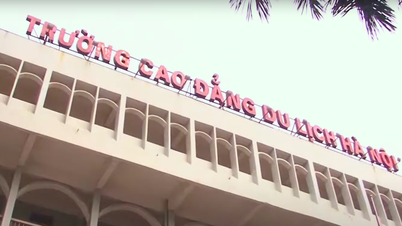

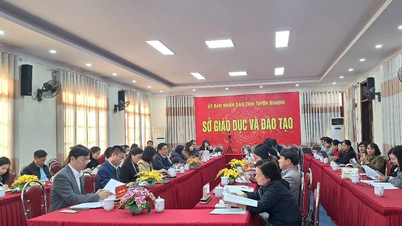



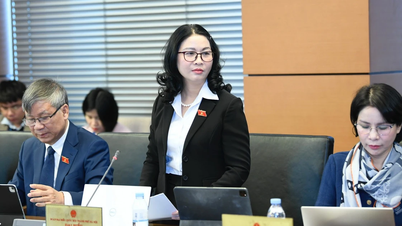
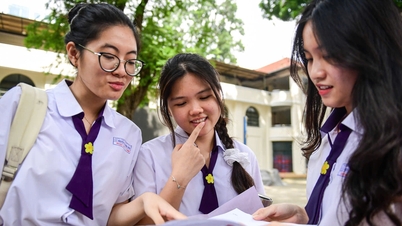




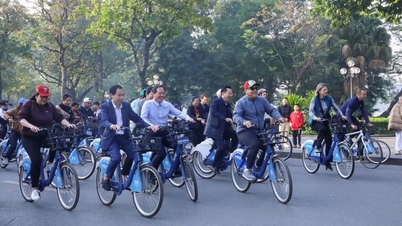
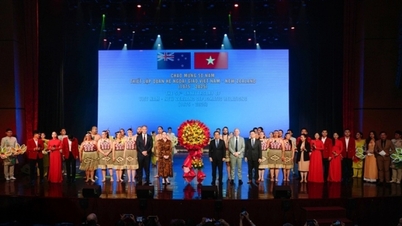
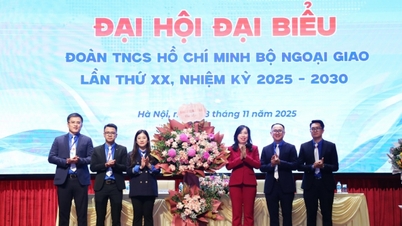
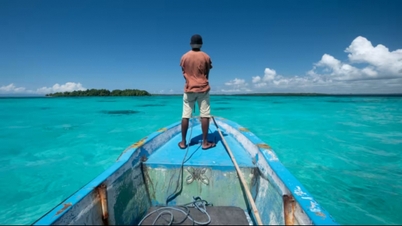

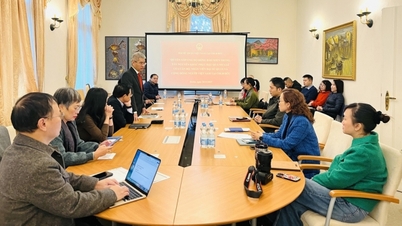



































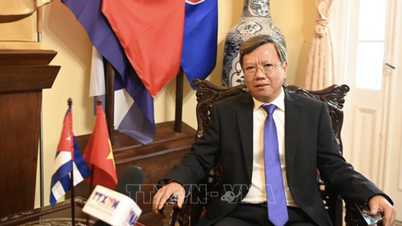

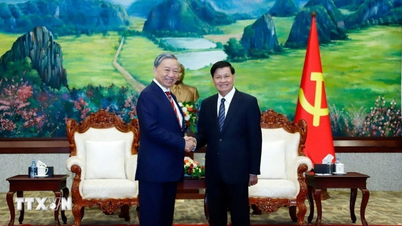


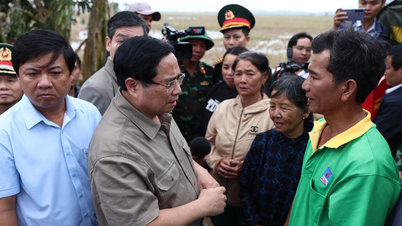








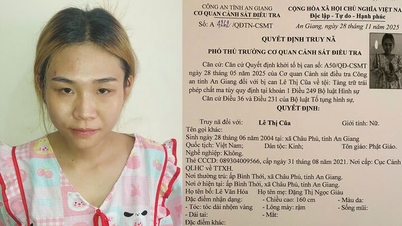

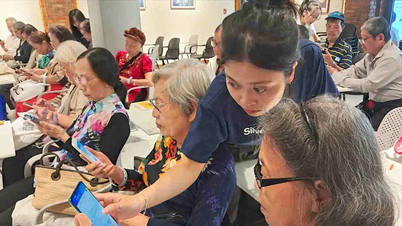

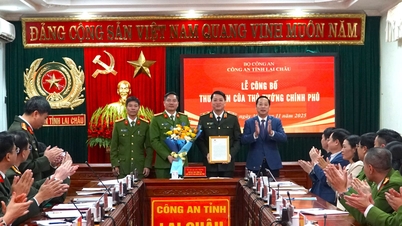



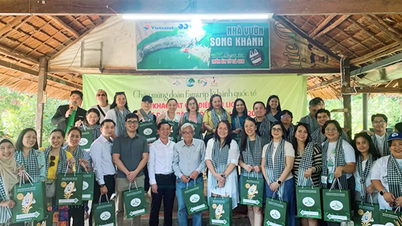










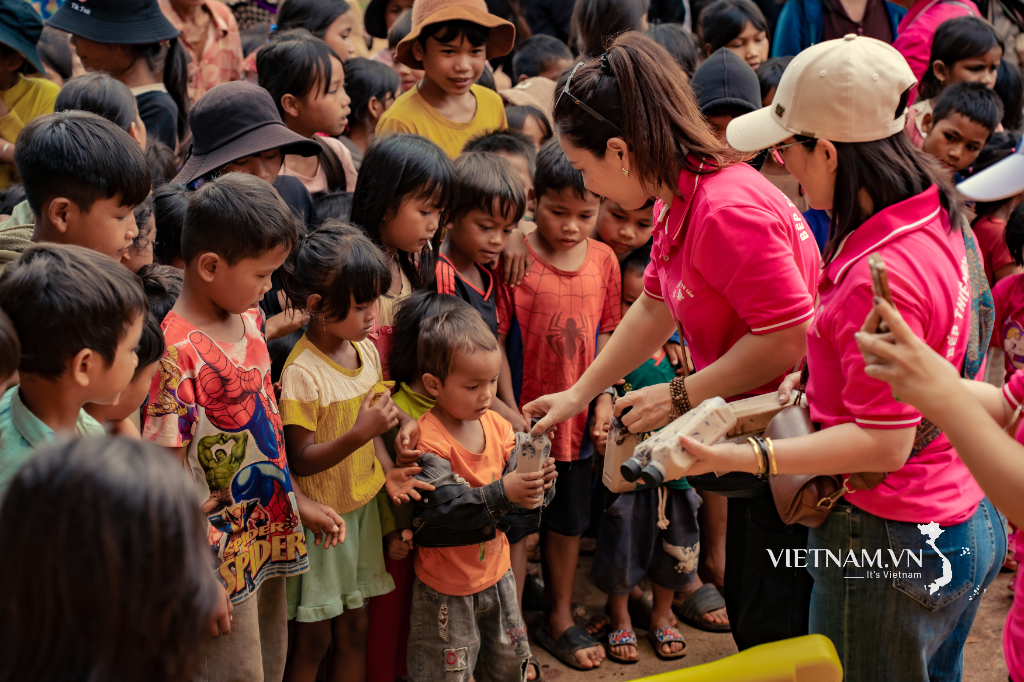


Comment (0)